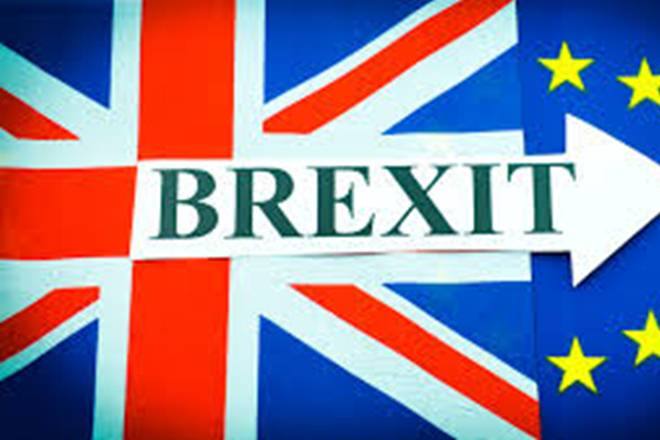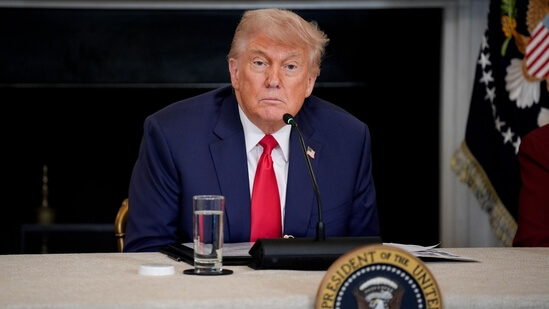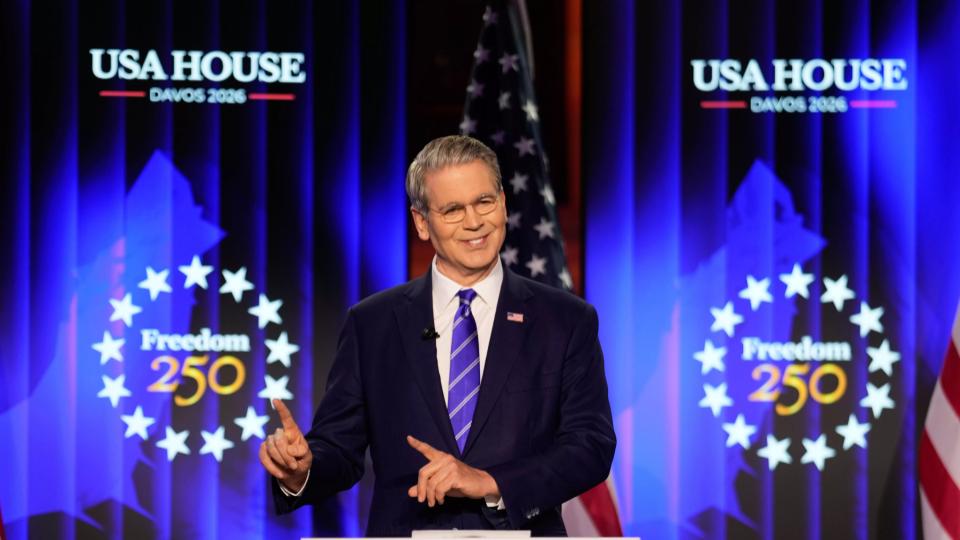UK economy shrinks for first time since 2012 as Brexit bites
Fri 09 Aug 2019, 17:10:03

The British economy shrank in the second quarter for the first time since 2012 as Brexit uncertainties weighed on business investment and firms reduced their stockpiling after Britain was granted an extension to its departure from the European Union, official figures showed Friday.
The decline is set to raise alarm that Brexit uncertainty is increasingly weighing on the economy. Most economists expected the economy to flat-line. The quarterly drop lowered the annual rate of growth to 1.2% from 1.8% in the first quarter.
The Office for National Statistics noted there was “increased volatility around the U.K.’s original planned exit date from the European Union in late March.”
Brexit was meant to happen on March 29, but was delayed to the end of October after Parliament rejected the withdrawal agreement that the previous prime minister, Theresa May, had negotiated with the EU.
Before the extension request, many firms ratcheted up their inventories to help cushion the likely disruption from Britain crashing out of the EU on March 29 without a deal. That business activity helped the economy grow by 0.5% in the first quarter.
Since then, companies have stopped stockpiling
as much. Many car companies also brought forward their annual maintenance shutdowns to April from later in the year to cushion the potential blow from Britain leaving the EU without a deal on March 29.
as much. Many car companies also brought forward their annual maintenance shutdowns to April from later in the year to cushion the potential blow from Britain leaving the EU without a deal on March 29.
It was largely the combination of these Brexit-related developments that contributed to a sharp 1.4% quarterly decline in the output of production industries.
The fact that the overall economy performed worse than anticipated is likely to increase concern about Brexit’s corrosive effect on the economy. Business investment, which has been historically weak since the country voted in June 2016 to leave the EU, weakened further in the second quarter, contracting by 0.5%.
“Brexit uncertainty, and to a lesser extent, weaker global demand, has reduced firms’ appetites to expand,” said James Smith, an economist at ING bank. “Meanwhile, contingency planning activities for a no-deal Brexit are costly and often resource-intensive, reducing scope to lift capital spending. We expect this trend to continue for the rest of the year.”
Sajid Javid, Britain’s new Treasury chief, conceded that this is a “challenging” period for the British economy but insisted that the fundamentals remain “strong.”
No Comments For This Post, Be first to write a Comment.
Most viewed from International
Most viewed from World
AIMIM News
Latest Urdu News
Most Viewed
May 26, 2020
Is it right to exclude Bangladesh from the T20 World Cup?
Latest Videos View All
Like Us
Home
About Us
Advertise With Us
All Polls
Epaper Archives
Privacy Policy
Contact Us
Download Etemaad App
© 2026 Etemaad Daily News, All Rights Reserved.





































.jpg)
.jpg)
.jpg)


